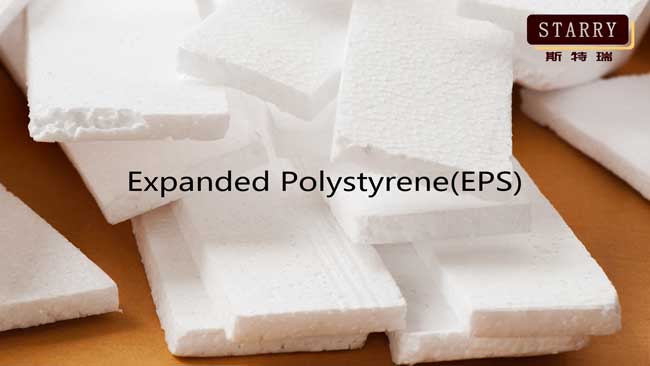Expanded Polystyrene (EPS) has become an integral part of our daily lives, serving as a versatile material that is widely used in packaging, construction, and insulation. But have you ever wondered how EPS is made? Let’s delve into the conversion of styrene to EPS and explore this fascinating process.
Styrene, a monomer derived from petroleum, is the key ingredient in the production of EPS. The first step in the conversion is the polymerization of styrene, where it is reacted with a catalyst, typically in the presence of heat, to form a long-chain polymer.
Once polymerized, the resulting polystyrene is then expanded to create EPS. This expansion process involves the addition of a blowing agent, such as pentane, which is mixed with the polystyrene. The mixture is then heated, causing the blowing agent to vaporize and expand the polystyrene beads.
In the final stage, the expanded polystyrene beads are molded into various shapes and sizes, depending on their intended use. This can range from packaging for fragile items to insulation panels for buildings. The versatility of EPS lies in its ability to be shaped and molded according to specific requirements.

It is important to note that while EPS offers numerous benefits, it is also crucial to consider its environmental impact. As a non-biodegradable material, proper disposal and recycling methods are necessary to minimize its contribution to waste and pollution.
In conclusion, the process of converting styrene to EPS involves polymerization and subsequent expansion to form the lightweight and versatile material that we rely on in many aspects of our lives. Understanding this process helps us appreciate the craftsmanship behind EPS and encourages us to explore more sustainable alternatives in the future.
If you need solvents like Butanone, Cyclohexanone, Acetone, Toluene, Benzene, Styrene, Xylene, Isopropanol, Ethanol, Methanol, Butyl Acrylate, Ethyl Acetate, N-butyl Acetate, etc., mainly used in paints, coatings, spray paints, printing, leather, ink, and pharmaceutical intermediates. You can contact Batong Chemical Group:
WhatsApp:+86 15903631090
E-mail: [email protected]



